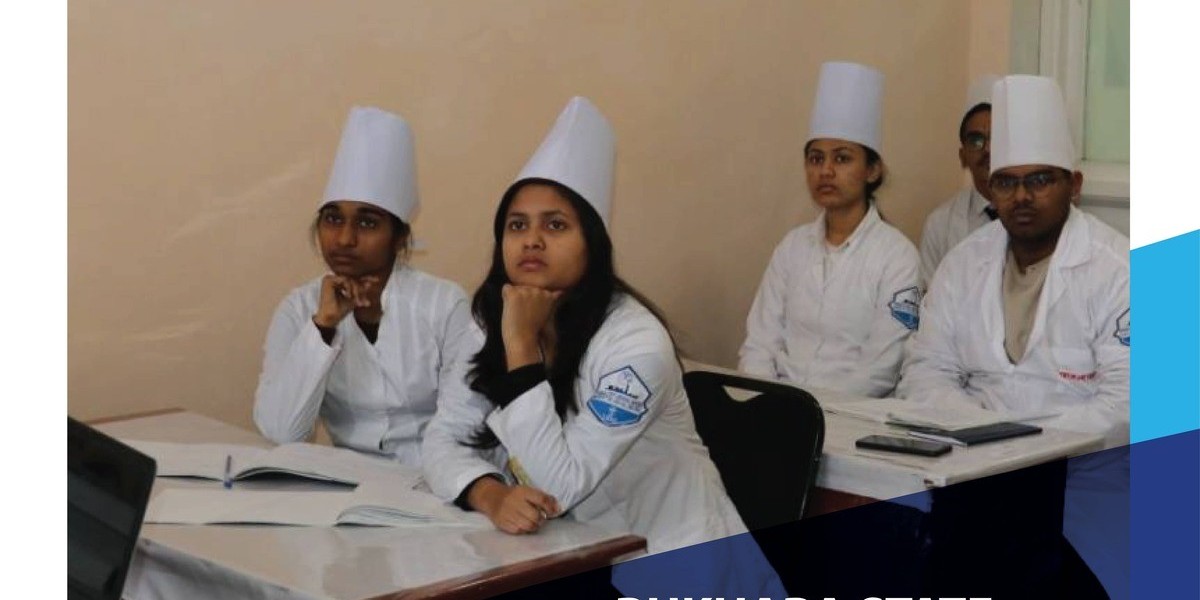Bukhara State Medical Institute (BSMI) stands as a pillar of medical education in Uzbekistan, distinguished not only by its academic programs but also by its commitment to collaboration with other universities and healthcare institutions. These partnerships are vital for enhancing educational quality, fostering research, and improving healthcare delivery. This article delves into the various ways in which BSMI collaborates with other educational institutions and healthcare organizations, emphasizing the benefits of these collaborations for students, faculty, and the broader healthcare community.
1. Academic Partnerships
One of the primary avenues of collaboration for Bukhara State Medical Institute is through academic partnerships with both national and international universities.
Exchange Programs:
BSMI actively participates in student and faculty exchange programs with several universities worldwide. These exchanges allow students to experience different educational environments and cultures, enriching their academic journey. For faculty, exchanges foster the sharing of knowledge, teaching methodologies, and research practices.Joint Degree Programs:
BSMI has established joint degree programs with reputable foreign institutions. These programs provide students with the opportunity to obtain degrees recognized internationally, enhancing their qualifications and employability in a globalized job market.Collaborative Research Initiatives:
Academic partnerships also extend to collaborative research projects. BSMI faculty and students often work alongside researchers from partner institutions, addressing pressing medical challenges and contributing to the advancement of medical knowledge. Such collaborations can lead to publications in prestigious journals and presentations at international conferences.
2. Research Collaborations
Research is a cornerstone of medical education and practice, and BSMI actively seeks collaboration with various research institutions to enhance its research capabilities.
Joint Research Grants:
BSMI collaborates with other universities and research organizations to apply for joint research grants. These grants fund innovative research projects that address critical health issues, enabling BSMI to contribute to significant advancements in medical science.Clinical Trials and Studies:
Collaborating with healthcare institutions allows BSMI to participate in clinical trials and studies. These opportunities provide students and faculty with hands-on experience in research methodology, data collection, and analysis, while also contributing to evidence-based medicine.Conferences and Workshops:
BSMI often co-hosts conferences and workshops with other institutions, bringing together experts in various fields of medicine. These events facilitate knowledge exchange, networking, and the sharing of best practices in research and clinical care.
3. Healthcare Partnerships
Collaboration with healthcare institutions is crucial for bridging the gap between education and practical application. BSMI has developed robust partnerships with hospitals and clinics to enhance clinical training for its students.
Clinical Rotations and Internships:
BSMI collaborates with various hospitals and healthcare facilities to offer students clinical rotations and internships. These experiences allow students to apply their theoretical knowledge in real-world settings, gaining valuable insights into patient care and healthcare delivery.Training Programs for Healthcare Professionals:
The institute often collaborates with healthcare organizations to provide training programs for medical staff. These programs may focus on new techniques, technologies, or best practices, enhancing the overall quality of care provided in the community.Community Health Initiatives:
BSMI engages in community health initiatives in partnership with local healthcare facilities. Through these collaborations, students participate in outreach programs, health screenings, and vaccination campaigns, contributing to the health and well-being of the local population.
4. International Collaborations
BSMI’s commitment to global engagement is reflected in its international collaborations, which aim to enhance educational quality and research output.
Partnerships with Global Institutions:
BSMI has established partnerships with renowned medical schools and research institutions around the world. These collaborations facilitate the exchange of knowledge, faculty, and resources, allowing BSMI to enhance its curriculum and research initiatives.Participation in International Networks:
BSMI is an active member of various international networks and associations focused on medical education and research. Participation in these networks allows BSMI to stay updated on global trends in medical education and healthcare, while also providing opportunities for collaborative projects.Workshops and Training Sessions Abroad:
Faculty and students from BSMI have the opportunity to participate in workshops and training sessions hosted by partner institutions abroad. These experiences provide exposure to advanced medical practices and teaching methodologies.
5. Benefits of Collaboration
The collaborations undertaken by BSMI yield numerous benefits for students, faculty, and the healthcare system as a whole.
Enhanced Educational Opportunities:
Collaborative efforts expand educational offerings, providing students with access to diverse perspectives and expertise. This exposure enhances their learning experience and prepares them for the complexities of modern healthcare.Improved Research Capacity:
Collaborations with research institutions enhance BSMI’s research capacity, enabling faculty and students to engage in high-quality research projects. This collaboration not only advances medical knowledge but also fosters a culture of inquiry within the institution.Strengthened Healthcare Delivery:
Partnerships with healthcare organizations improve clinical training and ensure that students are well-prepared to meet the demands of the healthcare workforce. These collaborations also contribute to improved health outcomes in the community through joint initiatives and outreach programs.
6. Future Directions
As BSMI continues to grow and adapt to the evolving landscape of medical education and healthcare, it remains committed to fostering collaborations that enhance its educational mission. Future directions may include:
Expanding International Partnerships:
BSMI aims to expand its network of international partners, seeking new opportunities for collaboration in education, research, and clinical practice.Incorporating Technology in Collaboration:
Utilizing technology to facilitate virtual collaborations, such as online workshops and joint research projects, will become increasingly important, especially in a post-pandemic world.Focus on Global Health Issues:
Collaborative efforts will increasingly focus on addressing global health challenges, including infectious diseases, chronic conditions, and health disparities. BSMI seeks to play an active role in contributing to solutions for these pressing issues through partnership and research.
Conclusion
Bukhara State Medical Institute exemplifies the importance of collaboration in medical education and healthcare delivery. Through partnerships with universities, research institutions, and healthcare organizations, BSMI enhances its academic offerings, fosters research innovation, and improves community health outcomes. These collaborations not only enrich the educational experience for students but also position BSMI as a key player in advancing healthcare in Uzbekistan and beyond. As the institute continues to build on its collaborative efforts, it remains dedicated to training the next generation of healthcare professionals equipped to address the challenges of a dynamic and evolving healthcare landscape.








